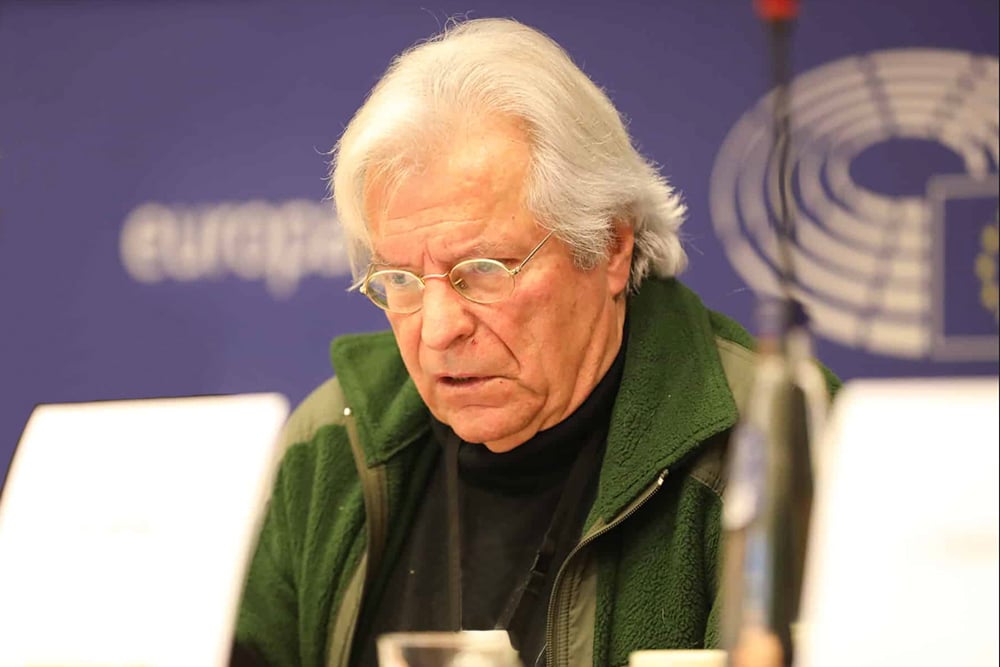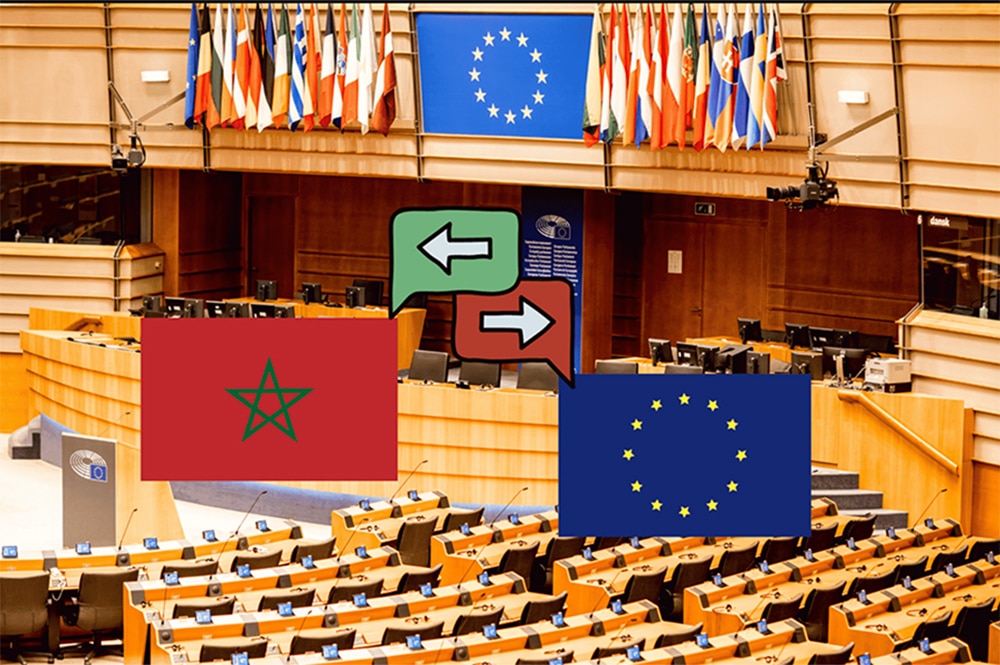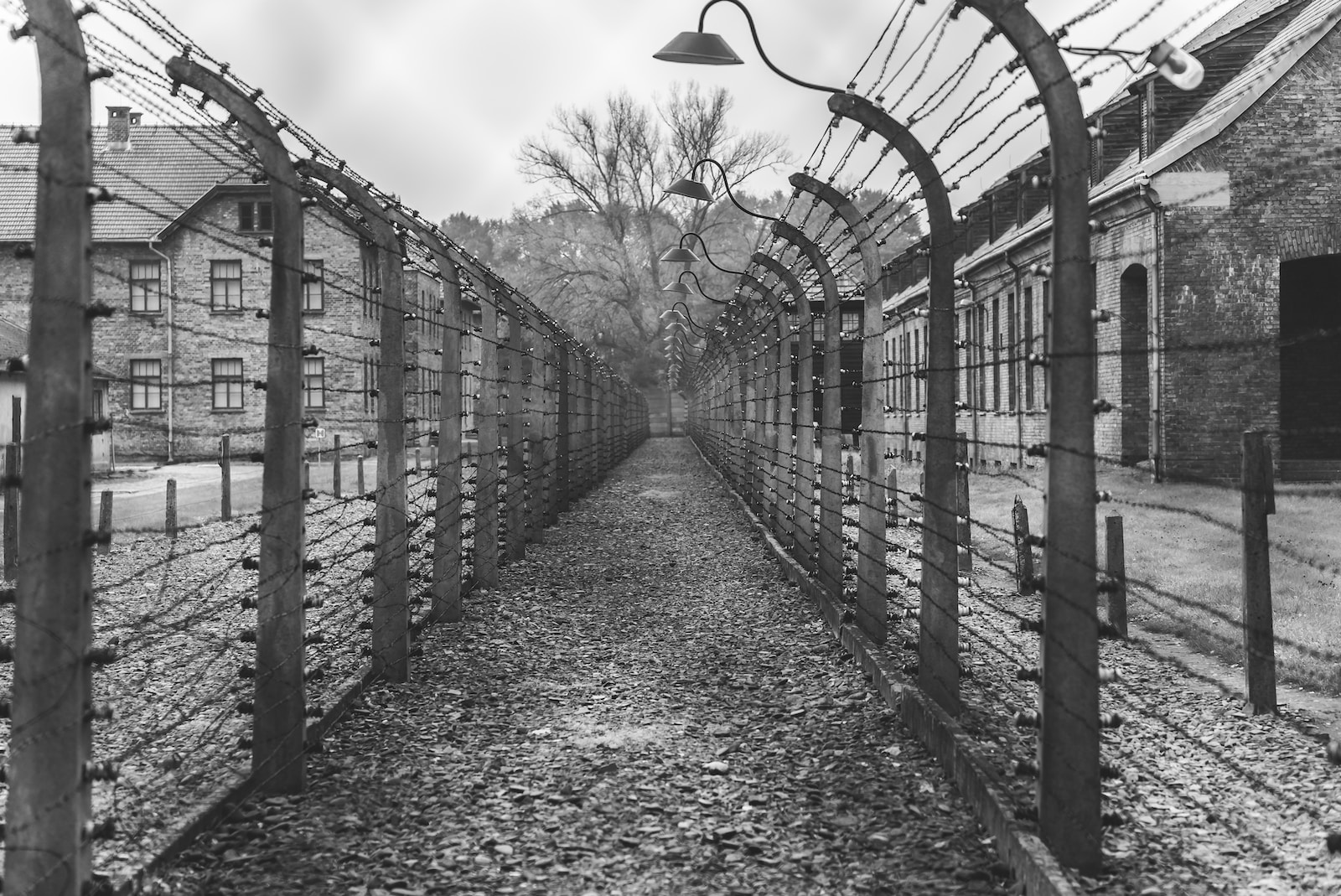The European Court of Justice (ECJ) is the highest court in the European Union (EU). Established in 1952, the ECJ is responsible for ensuring that laws passed by the EU legislature are consistent with treaties and regulations that govern the EU. The ECJ acts as the guardian of EU law, settling disputes among member states and between individuals and their governments.
What is the European Court of Justice?
The European Court of Justice (ECJ) is the highest court in the European Union (EU). The ECJ has jurisdiction over all legal disputes involving member states and institutions of the EU. It is responsible for interpreting EU law and ensuring that the laws passed by the EU legislature are consistent with treaties and regulations that govern the union. The decisions of the ECJ are binding on all member states, meaning that any law challenged in an ECJ case must be overturned or amended if it is found to be in violation of EU law.
A summarized History of the European Court of Justice.
The ECJ was established in 1952 as part of the European Coal and Steel Community and became the central judicial institution for the European Union after the Treaty of Rome in 1957. The Court’s primary role is to ensure that all laws passed by EU institutions are consistent with the founding treaties of the union, as well as other related EU legislation. In addition, the Court has jurisdiction to review national court decisions if they raise questions concerning EU law.
The Structure of the European Court of Justice.
The European Court of Justice is made up of three distinct divisions. The first is the Court of Justice, which is the highest individual court in the transnational court system and responsible for interpreting EU law and addressing disputes between member countries or states. The second division consists of the General Court, which handles cases related to civil and commercial matters. Finally, the Civil Service Tribunal hears disputes concerning staff members employed by EU institutions.
How are Cases Brought to the European Court of Justice?
Cases can be brought to the European Court of Justice through a variety of channels. Any citizen or legal entity may bring an action before the court alleging that their rights have been violated due to a breach in EU law, and the court also has jurisdiction over any disputes between EU member countries or states. The court also has direct jurisdiction in matters related to infringement proceedings brought against a member state or institution. Finally, national courts may refer questions of interpretation of EU law to the court for clarification.
Conclusions
After closely examining the history and structure of the European Court of Justice, it can be concluded that it is a powerful court with an impressive caseload. By exercising direct jurisdiction over disputes relating to EU law and referring questions of interpretation to the court, individuals are assured that their rights are being safeguarded. Additionally, with its streamlined organizational framework and flexible procedure, the ECJ ensures that cases are handled efficiently and fairly.




















